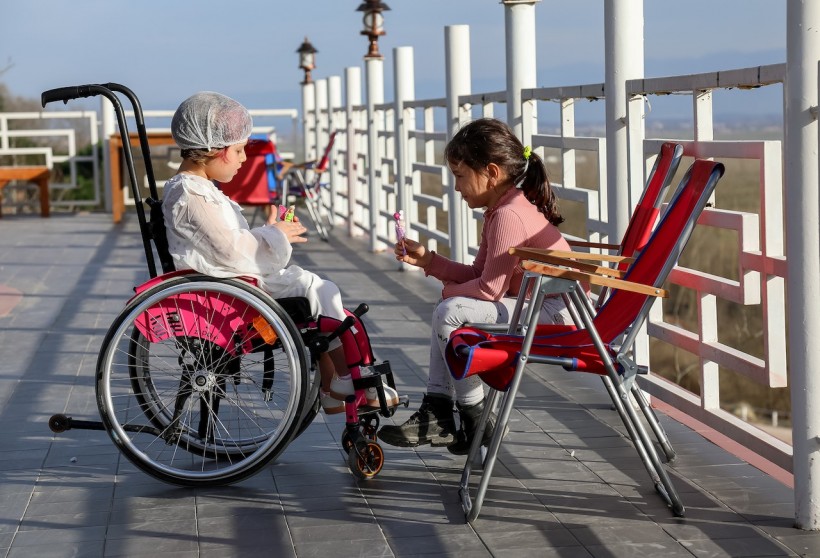
A pediatric specialist who saw Florida's practice of keeping medically fragile children in nursing facilities, preventing parents and caregivers from looking after them at home, hailed a court ruling eliminating the state policy.
"To envision some of my own patients being forced to live in an institution, that really hit home for me. It was challenging," said Mary Ehlenbach, a pediatric expert.
Painful Predicament
In a report by Orlando Sentinel, District Court Judge Donald Middlebrooks reprimanded the state for its "systemic institutionalization" of the children and for its blatant violations of the Americans with Disabilities Act (ADA), which mandates that care be provided in the least restrictive setting possible.
The 11-year legal battle between Florida health authorities and the justice department, which claimed that the state had doomed the youngsters to a life of loneliness and isolation, was settled by Middlebrooks' verdict.
According to The Guardian, Ehlenbach testified during a two-week hearing in May that she had seen toddlers left for hours at a time in cribs with high metal bars on all four sides and just an electronic tablet to keep them occupied.
In another institution, she saw a young man make a break for it as soon as the bed's barrier was dropped. She said that this was just another case of a kid with minimal medical needs being inappropriately housed in a nursing home.
Other children were reportedly left in wet diapers for long periods of time because the staff was busy elsewhere, as shown by the state's own inspection records.
Ehlenbach said, "The approach of institutionalizing children is really quite antiquated," explaining that other states have moved away from the practice due to technological advancements and a commitment to adequately finance community care.
She said that some families had been given false information that their children would need individual beds and around-the-clock care at home while, in fact, many nursing home residents shared rooms.
About 140 "fragile" youngsters in Florida are housed in three state-approved institutions in Broward and Pinellas counties, as reported by the Miami Herald.
See Also: New RSV Drug Approved for Babies and Toddlers Ahead of Cold Season
Issue of Nurse Shortage
Despite several family members advocating for release to their homes or community care, state attorneys maintained that continued care in the nursing homes was always in the child's best interests.
The legal actions with federal authorities were framed as a war for sovereignty. It was also argued that caring for the children anywhere else would be impossible due to a lack of nurses.
While Middlebrooks did not dispute the existence of a nurse shortage, he did not buy the counterargument that the problem was hopeless.
"Unjustified institutionalization of individuals with disabilities is unacceptable, especially given the advances in technology and in the provision of home-based care. Any family who wants to care for their child at home should be able to do so," Middlebrooks said in the verdict.
See Also: ADHD Diagnoses in UK Drastically Increase-NHS Struggling to Manage Patients








